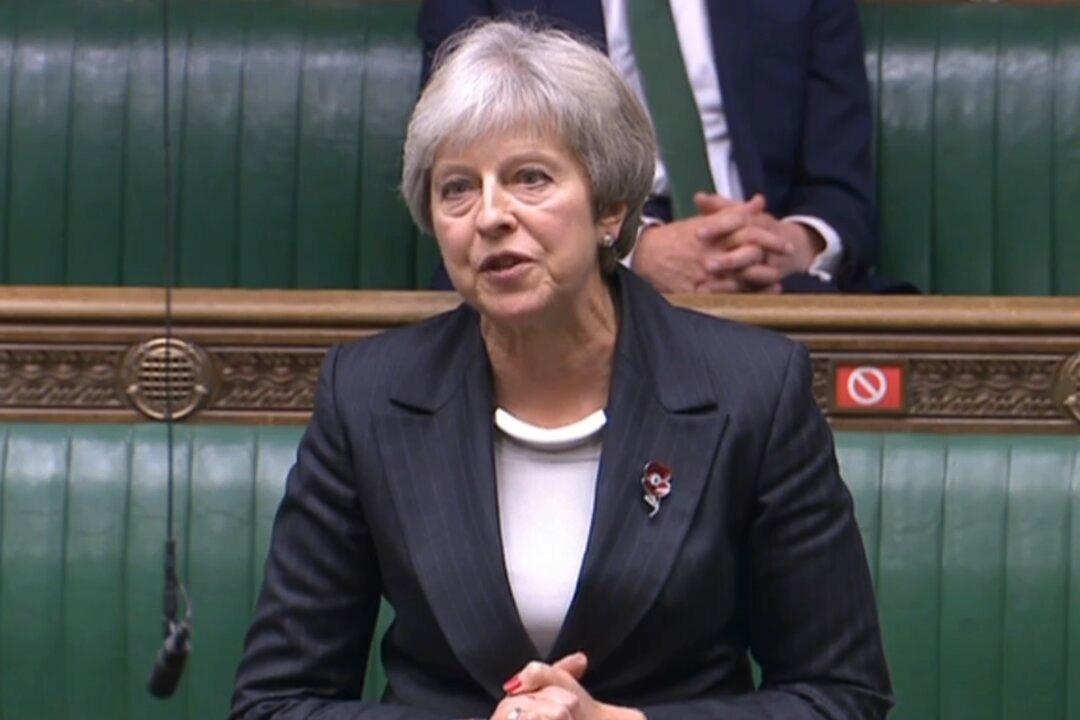Former prime minister Theresa May abstained from today’s vote on a second national lockdown in England after hammering the government over the data analysis behind the measures.
She was one of 53 Conservative MPs who defied the party whips and refused to endorse the plans, which were voted through by 512 lawmakers, including all Labour MPs.





